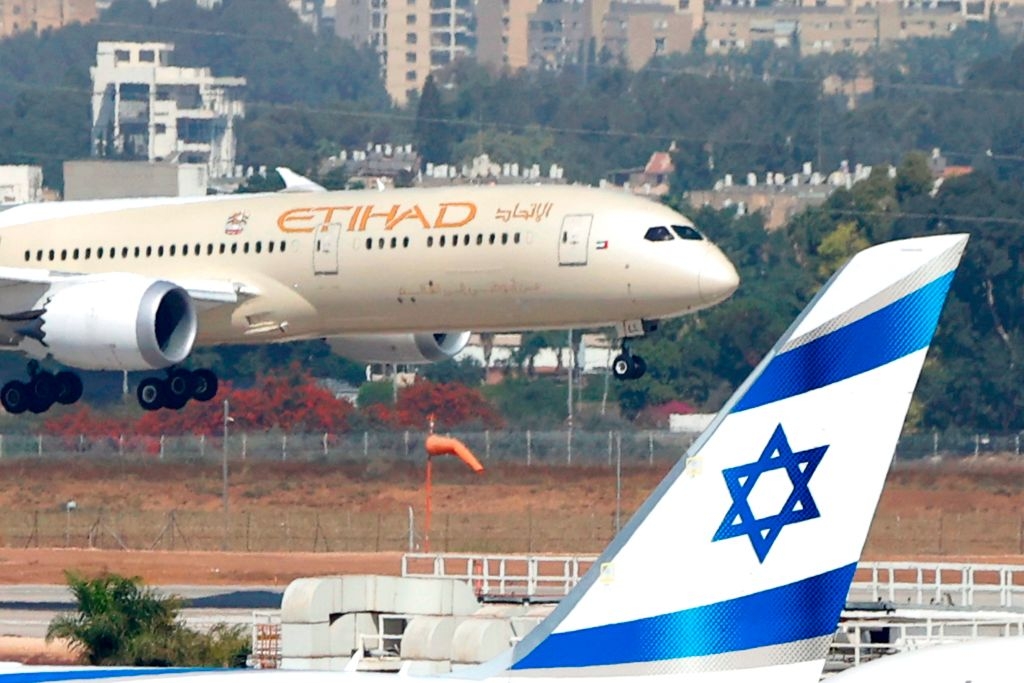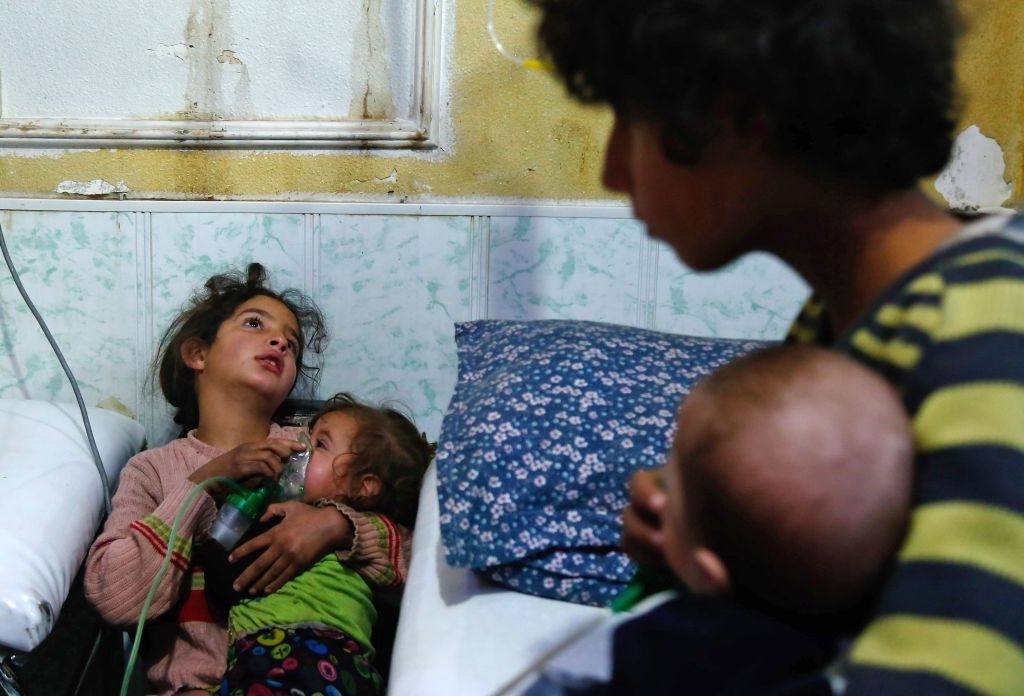In this mailing: - Alan M. Dershowitz: The Future of Arab Normalization with Israel
- Benjamin Weinthal: See No Evil: Europe Supports Genocidal Regime in Iran
by Alan M. Dershowitz • October 28, 2020 at 5:00 am Israel is a stabilizing influence in an unstable region of the world. It is a democracy, a military and technological innovator, an economically advanced country. It can assist its new allies in each of these areas, as it has already begun to do even in the short time since normalization began. This may be their last opportunity to achieve a reasonable two state solution. Israel's Arab neighbors have demonstrated that the Palestinian cause is not as high on their agenda as it appeared to be in the past. These nations understand that the situation the Palestinians now find themselves in have been the result of self-inflicted wounds -- most importantly an unwillingness to take yes for an answer when the Israelis have offered them statehood. Even now, the Palestinian leadership refuses to sit down and negotiate with Israel. They must understand that they will not get a state as the result of the boycott movement, protests on university campuses or meaningless resolutions of the United Nations. Recent developments make it clear that statehood for the Palestinians will come only through negotiations with Israel.
 Now that the Sudan has joined the United Arab Emirates and Bahrain in normalizing relations with Israel, the future seems bright for even more Arab countries to make peace with their former enemy. Pictured: An Etihad Airways flight carrying a delegation from the United Arab Emirates on a first official visit, lands at Israel's Ben Gurion Airport on October 20, 2020. (Photo by Jack Guez/AFP via Getty Images) Now that the Sudan has joined the United Arab Emirates and Bahrain in normalizing relations with Israel, the future seems bright for even more Arab countries to make peace with their former enemy. The big prize, of course, would be Saudi Arabia, and already we are hearing rumors from its leaders pointing in that direction. Even Lebanon, which currently houses Hezbollah, has dropped hints about possible peace overtures. The possibility does exist that before long, most of the Sunni Arab states will recognize that their interests lie in a peace process with Israel. They will see the economic, technological, diplomatic and military advantages in having Israel as an ally instead of an enemy. Continue Reading Article by Benjamin Weinthal • October 28, 2020 at 4:00 am Swiss and German economic deals might be aiding Iran's illicit nuclear weapons program.... The Swiss firm Ceresola TLS reached an agreement [in 2010] with the Rahab Engineering Establishment in Iran to deliver tunneling technology as part of a subway project. This is precisely the type of heavy earth-moving equipment Iran's rulers need to burrow away nuclear facilities underground, as the regime did with the Qom and Natanz nuclear enrichment plants. The German company Krempel delivered to two Iranian companies insulating pressboards that were incorporated into Iranian missiles armed with chemical warheads, which were used by the Syrian regime in a chlorine gas attack in January 2018. The attack resulted in 21 injuries, including six children. The Association of Iranian Banks in Europe wrote in July: "45 percent of the EU exports to Iran came from Germany, which delivered goods worth 555 million Euro, with an increase of 31 percent compared to last year." Europe's most powerful economic engine, Germany, and the rest of the EU have sadly opted to align themselves with the Islamic Republic of Iran on the pressing issues of Iran's nuclear program, and its stomach-turning human rights record.
 The German company Krempel delivered to two Iranian companies insulating pressboards that were incorporated into Iranian missiles armed with chemical warheads, which were used by the Syrian regime in a chlorine gas attack in January 2018. The attack resulted in 21 injuries, including six children. Pictured: A Syrian girl holds an oxygen mask over the face of an infant at a makeshift hospital following a chlorine gas attack on the town of Douma, near Damascus on January 22, 2018. (Photo by Hasan Mohamed/AFP via Getty Images) To better understand Europe's current policy toward the Islamic Republic of Iran, it is worth citing an episode recounted in a 2006 essay by Iran expert Amir Taheri. In 1984, Hans-Dietrich Genscher, then foreign minister of the Federal Republic of Germany and an ex-member of the Nazi party, traveled to Iran in an attempt to moderate the malign conduct of the then five-year-old revolutionary regime of Ayatollah Ruhollah Khomeini. Genscher declared his intention to engage in "critical dialogue" with the regime, but the notion sparked the joke that "critical dialogue" was really "an exercise in joint criticism, by the mullahs and the Europeans, of the Americans," Taheri wrote. The German foreign minister announced at the time that his dialogue with Iran's rulers was a success in "intensifying" political relations between then West Germany and the Islamic Republic. Continue Reading Article |
|
No comments:
Post a Comment